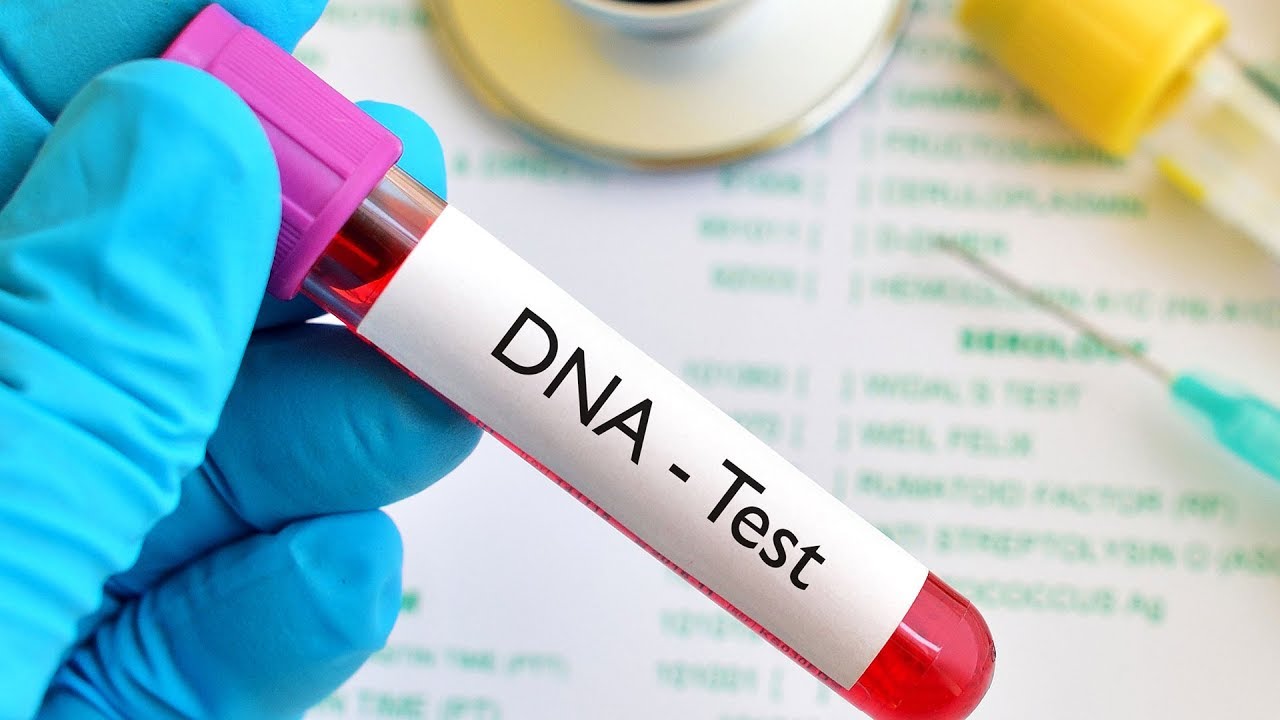The 2024 report on DNA testing trends in Nigeria conducted by Smart DNA, a leading DNA testing centre in Lagos, has revealed that 27% of paternity tests it conducted came back negative, indicating that more than 1 in 4 men tested were not the biological fathers of the children in question.
The report, covering July 2023 to June 2024, also revealed several startling findings that shed light on societal dynamics, economic factors, and changing family structures in Nigeria.
The report also showed immigration tests surge, reflecting the “japa” trend:
“The report noted a significant increase in DNA tests for immigration purposes, growing more than any other test type. This surge aligns with the ongoing “japa” phenomenon, as more Nigerians seek opportunities abroad.
“The trend suggests a growing number of parents with dual citizenship are processing paperwork for their children’s emigration,” a statement from the centre said.
The report also revealed that overwhelming 73.1% of all DNA tests were conducted in Lagos, with a stark divide between Mainland (67.5%) and Island (32.5%).
It also revealed gender imbalance in test initiation: for instance, men initiated a staggering 88.2% of all test requests, compared to just 11.8% by women.
This significant disparity raises questions about gender roles, trust issues in relationships, and societal pressures on paternity certainty.
On ethnic distribution, the Yoruba ethnic group accounted for 53% of tests, followed by Igbo (31.3%), with Hausa at only 1.20%.
Also, the most tested children were aged 0-5 (54.0%), suggesting a preference for early paternity confirmation.
Men aged 41+ (45.6%) and 31-40 (37.0%) were most likely to request tests, potentially reflective of economic capabilities or increased paternity concerns in older men.
More tests were conducted on male children (52.8%) than female children (47.2%), hinting at a possible cultural preference for confirming paternity of male offspring.
“These findings offer a unique window into the changing dynamics of Nigerian families and society,” Elizabeth Digia, Operations Manager at Smart DNA said.
“The high rate of negative paternity tests and the surge in immigration-related testing are particularly noteworthy. They reflect broader societal trends that merit further discussion and research.
“The concentration of testing in Lagos also raises important questions about accessibility and awareness of DNA testing services across Nigeria. As a company, we’re committed to expanding access to our services nationwide while maintaining the highest standards of accuracy and confidentiality,” she added.

 Join Daily Trust WhatsApp Community For Quick Access To News and Happenings Around You.
Join Daily Trust WhatsApp Community For Quick Access To News and Happenings Around You.